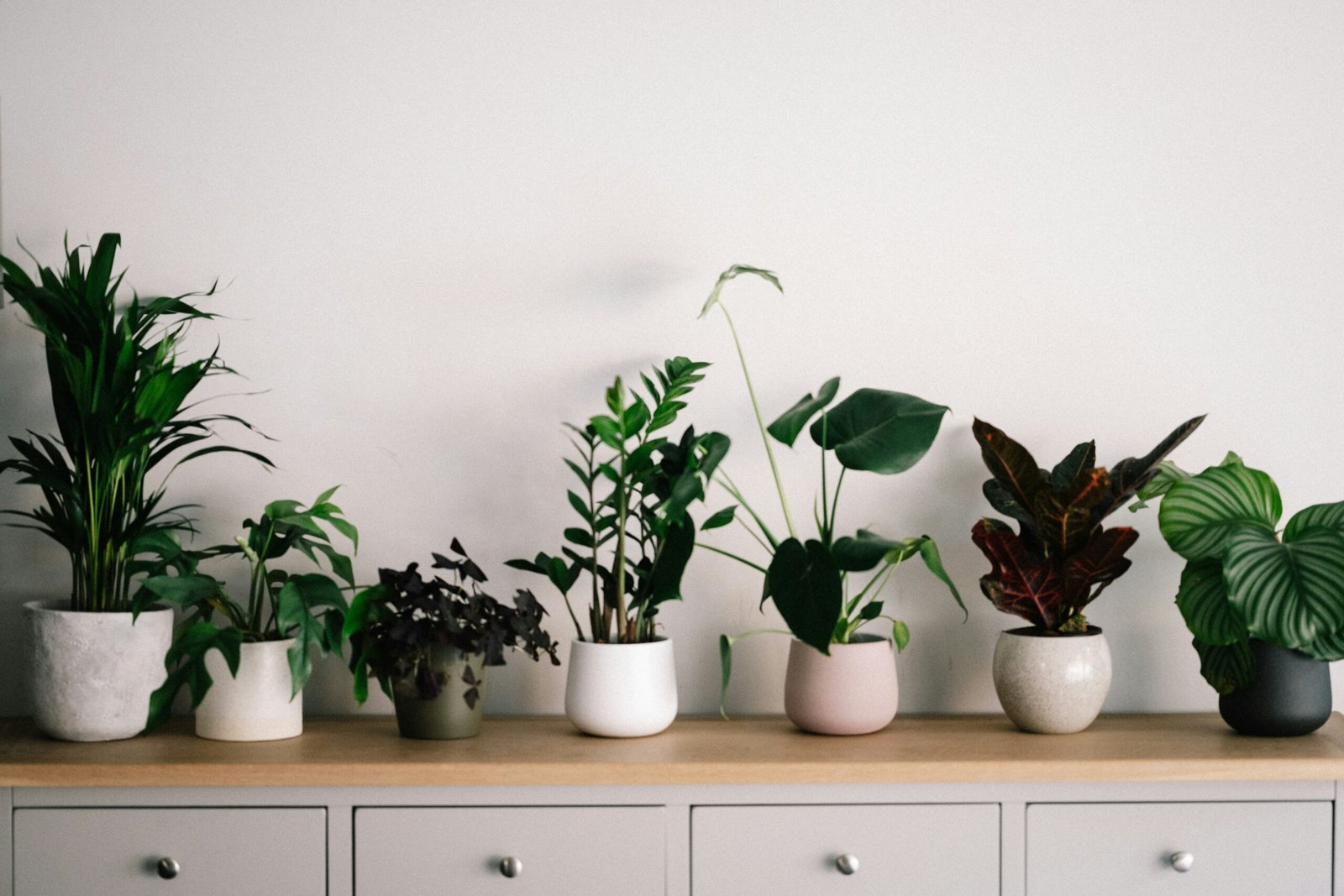While plants are generally beneficial for our well-being, there are a few that can pose health risks to humans. It is important to be aware of these plants and take necessary precautions to avoid any potential harm. Here are some plants that you should be cautious of:
1. Poison Ivy (Toxicodendron radicans)
Coming into contact with poison ivy can cause an allergic reaction in many people. The plant’s leaves, stems, and roots contain an oily resin called urushiol, which can cause skin irritation, itching, and a blistering rash.
2. Oleander (Nerium oleander)
Oleander is a beautiful flowering plant, but it is highly toxic. All parts of the plant contain toxins called cardiac glycosides, which can be harmful if ingested. Ingesting even a small amount of the plant can cause symptoms such as nausea, vomiting, dizziness, and in severe cases, it can be fatal.
3. Castor Bean Plant (Ricinus communis)
The castor bean plant is known for its seeds, which contain ricin, a highly toxic protein. Ingesting even a small amount of ricin can lead to severe symptoms such as abdominal pain, diarrhea, vomiting, and in extreme cases, it can be life-threatening.
4. Dumbcane (Dieffenbachia)
Dumbcane is a popular houseplant, but it can be harmful if ingested. The plant contains calcium oxalate crystals, which can cause intense burning and swelling of the mouth, tongue, and throat. In severe cases, it can lead to difficulty breathing and swallowing.
5. Sago Palm (Cycas revoluta)
Although visually appealing, the sago palm is highly toxic if ingested. The plant contains cycasin, a toxin that can cause liver damage and neurological problems. Ingesting any part of the plant, especially the seeds, can be extremely dangerous.
It is important to educate yourself about the plants in your surroundings and take necessary precautions to avoid any potential health risks. If you suspect that you have come into contact with a harmful plant or have ingested a toxic plant, seek medical attention immediately.




